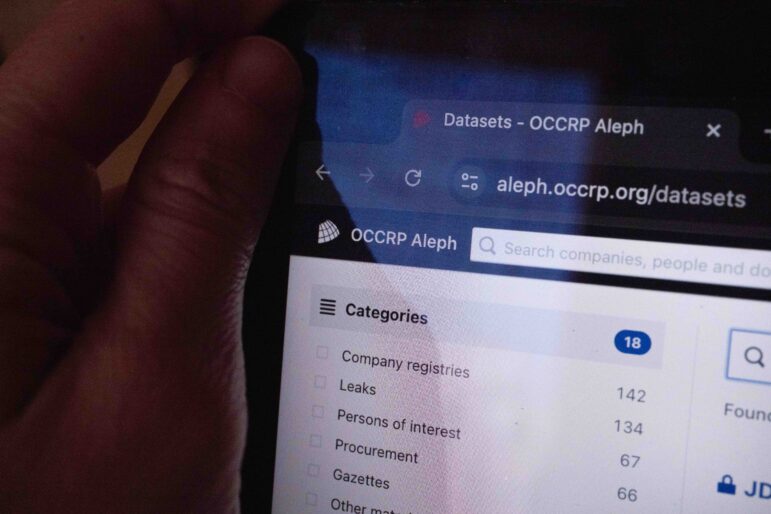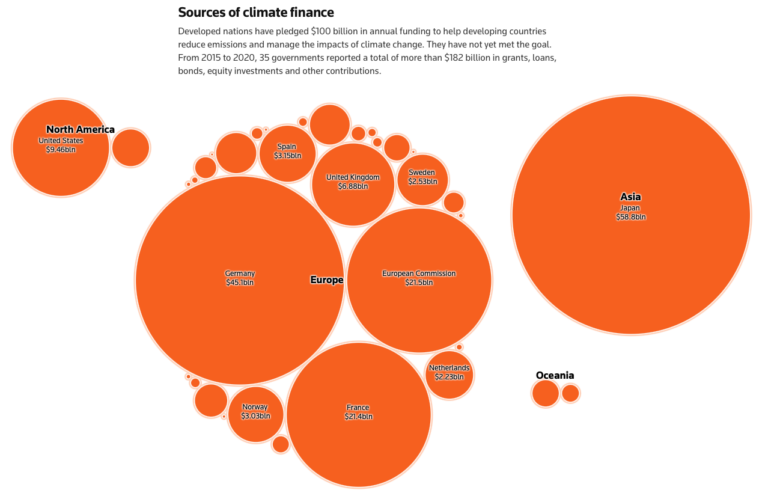
How They Did It
How We Revealed Mega-Polluters Taking Advantage of Green Loans
An exposé supported by the Pulitzer Center’s Rainforest Investigations Network found loans earmarked for green projects were routinely used by fossil fuel and mining companies.







